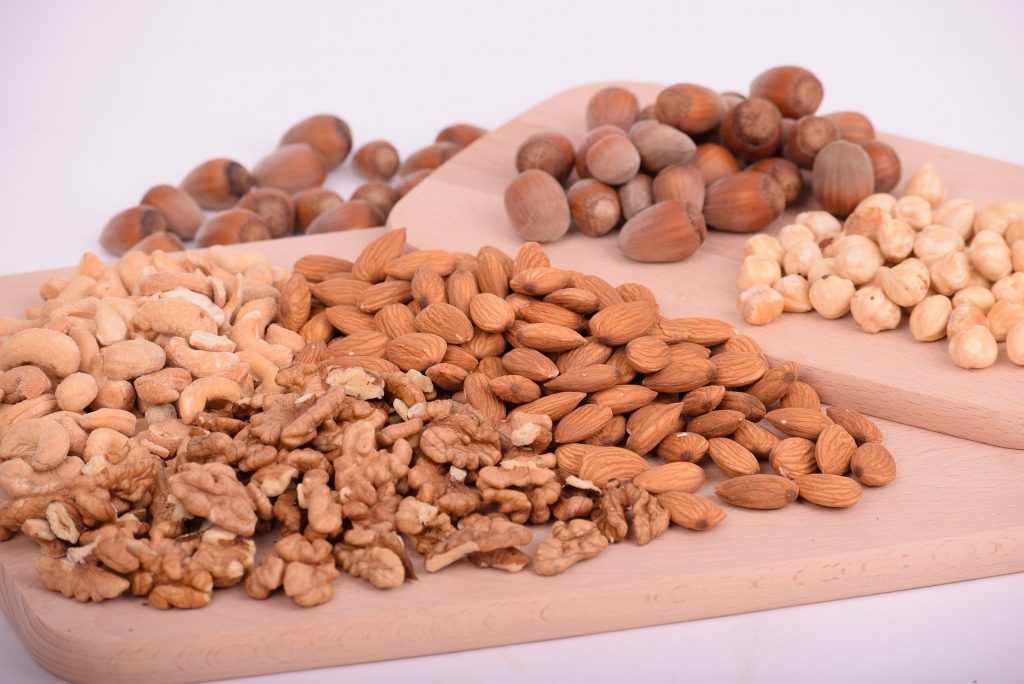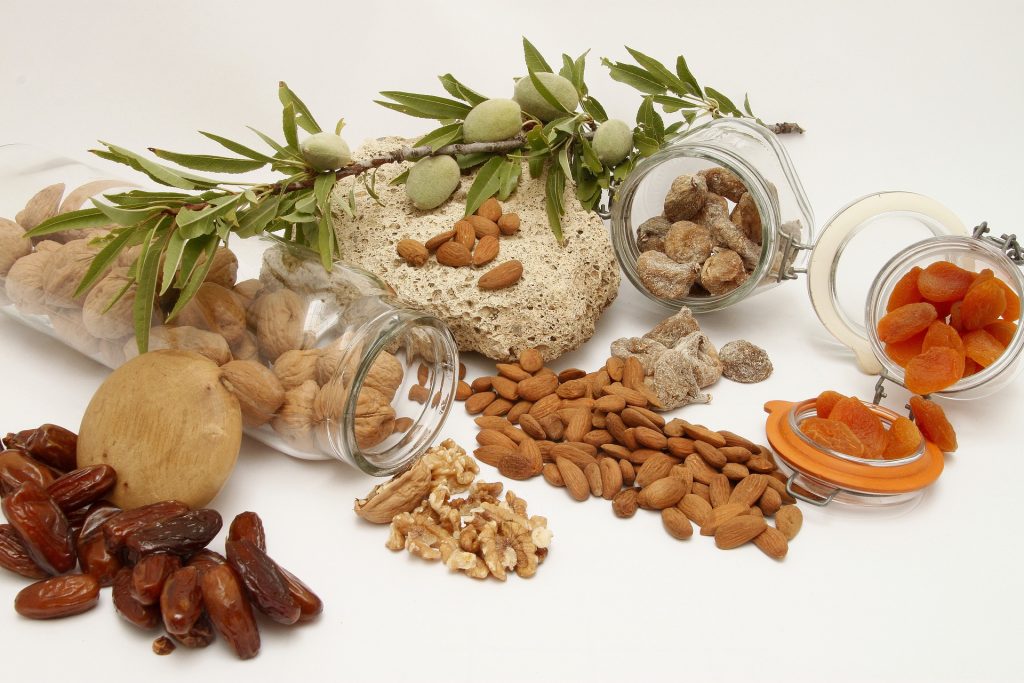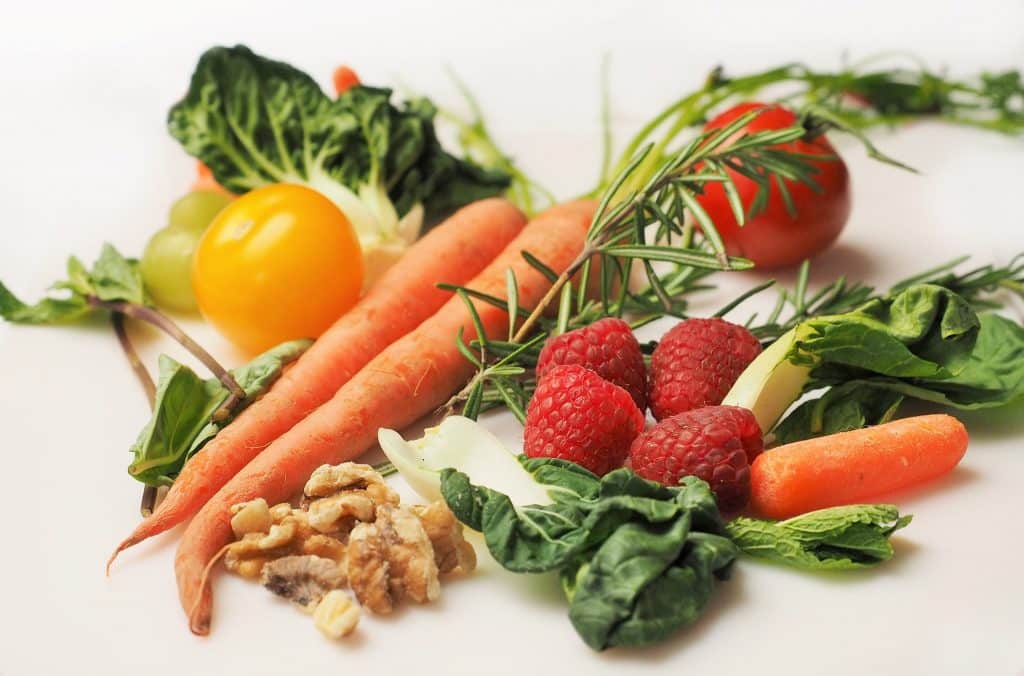Benefits of soaking nuts and seeds
Nuts and seeds can be a great light nutritional snack or meal supplement, but like grains and legumes, they can also contain substances that interfere with the body's ability to absorb nutrients.
Just as the process of soaking, sprouting or fermenting grains reduces their anti-nutrient content and makes them more beneficial to the body, the simple process of soaking nuts improves their absorption.
Enzyme inhibitors in nuts and seeds
Like grains, raw nuts (and especially raw seeds) contain moderate levels of phytic acid and enzyme inhibitors. Phytic acid is biologically necessary for the plant as it helps protect the nut or seed until suitable growing conditions are available.
These enzyme inhibitors prevent premature seed germination, but can cause potential problems for humans by binding to nutrients in the body and contributing to nutrient deficiencies and digestive irritation.
Seeds and nuts store phosphorus as phytic acid, and it turns into phytate when it binds to a mineral. In the body, this process can stop the absorption of nutrients in the digestive system and reduce the digestibility of these foods.
In other words, just because nuts and seeds are considered good sources of protein and nutrients, doesn't mean your body can absorb those nutrients. All plants contain phytic acid in some levels, but grains, legumes, nuts and seeds usually contain the highest levels.
It's also important to note that phytic acid may not be all bad, but the dose makes the poison. Modern diets high in processed grains and low in dietary fat and minerals can increase the likelihood of nutrient absorption problems and make it even more important to reduce dietary phytic acid levels.
Research has found that phyic acid at certain levels can have a protective effect in the body and a secondary messenger role in cells. It appears that to provide this beneficial effect, it must be balanced by certain fat-soluble vitamins and other nutrients, and one must be able to absorb them.

Therefore, it can be helpful to reduce the phytic acid content of seeds and nuts and make the nutrients more available, and this step is especially important for young children who are still developing the enzymes to break down these foods (seen once undigested shrubs, grains, or seeds in a toddler's stool? This is due in part to their inability to digest certain proteins and nutrients in these foods).
The importance of soaking nuts and seeds
Some phytic acids are neutralized naturally during the digestive process, but foods that are particularly rich in phytic acid benefit from the soaking (and sometimes sprouting) and dehydration process to further reduce their anti-nutrient content .
Soaking in a simple mineral solution (such as salt) and low-temperature dehydration helps break down much of the phytic acid and make the nutrients in the nuts more available to the body.
Although many traditional crops offer soaked with natural or germinated seeds, this step is hardly ever undertaken with large-scale production as it is time consuming. It's simple and inexpensive to make at home and can greatly increase the nutrient content of those nuts and seeds you eat.
How to soak nuts and seeds
There are two ingredients for soaking nuts and seeds: warm water and salt.
Warm water will neutralize many of the enzyme inhibitors and increase the bioavailability of many nutrients, especially b-vitamins. The salt helps to activate the enzymes that deactivate the enzyme inhibitors present in the nuts.
When soaking grains or beans, a more acidic substance is often used, but since nuts and seeds contain less phytic acid than grains/legumes, but more enzyme inhibitors, salt is more beneficial.
Within 7-24 hours (depending on the seed or nut) many of the enzyme inhibitors are broken down. At this point, the dehydration process creates clear textures to bring the nuts back.
What do you need:
– 2 cups raw, organic nuts or seeds (preferably soaked one at a time)
– 3-4 cups of warm filtered water (to cover the nuts)
– 1 tablespoon of salt
Method of preparation
1. Place the warm water in a medium bowl or jar. Add the salt and let it dissolve.
2. Add the nuts or seeds, making sure they are completely submerged in the water.
3. Leave uncovered on the counter or other warm place (not in the refrigerator) for at least 7 hours, preferably overnight.
4. Rinse in a colander and spread on a baking sheet or dehydrator. Bake in the oven at the lowest temperature (150 F is optimal) or dehydrate until completely dry. This step is important because any remaining moisture in the nuts or seeds can lead to mold. Dehydration times can often be up to 24 hours, so a dehydrator simplifies the process, but it's not necessary.






Facebook Comments